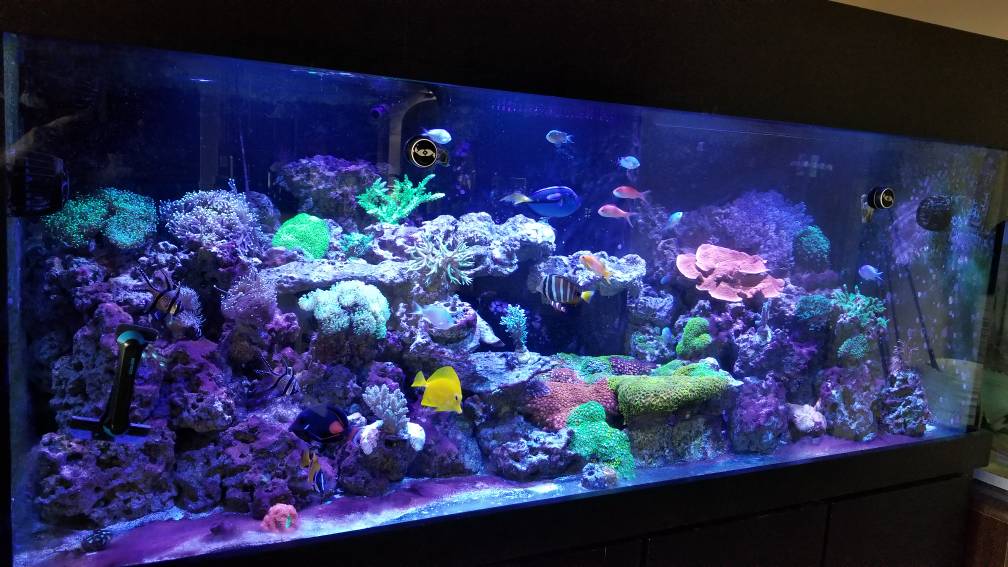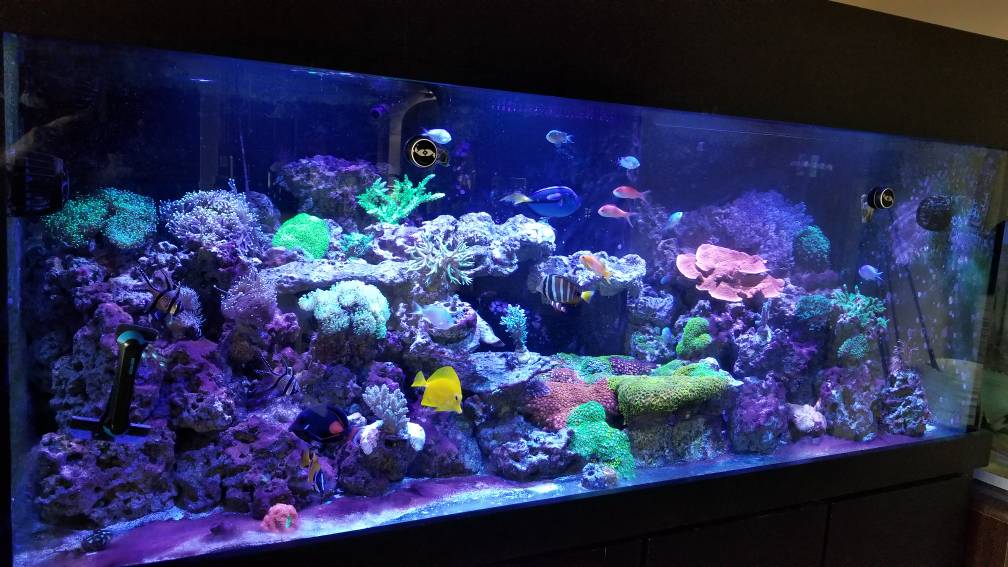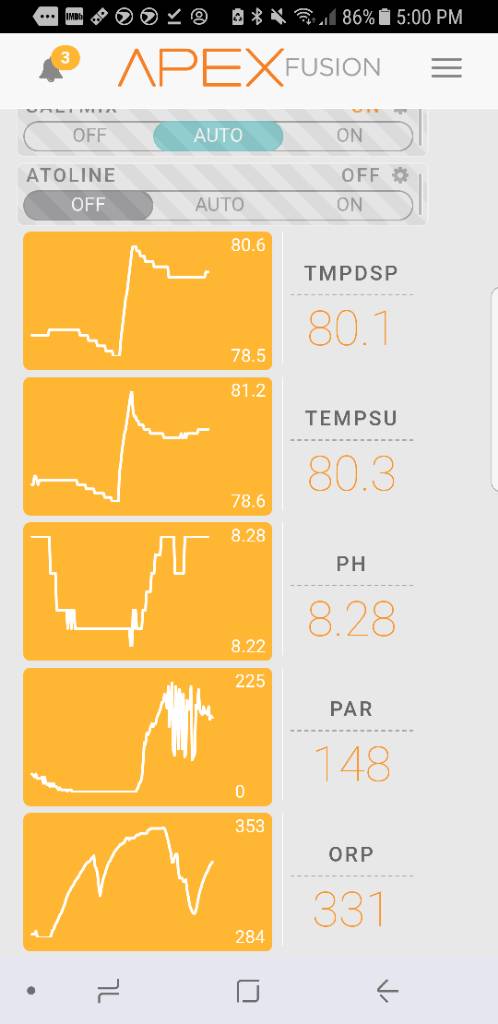The higher temps is a freshwater ich treatment. These are 2 different parasites. Freshwater Ichthyophthirius multifiliis, marine Cryptocaryon irritans. In freshwater it has adapted to the many different parameters of different bodies of water, one of these adaptations is the speed of its life cycle is temperature dependent. Ie winter on the Great Lakes it may take 6-7 weeks to complete its life cycle, but 1 week in the amazon river. Freshwater aquarists use this to reduce fallow period(at least how i use it, heat the dt, salt in qt). Marine Ich on the other hand does best at the temps we keep our tanks already 23–30°C. There are documented cases outside this temperature, most likely strains from deepwater fish. But they are the exception in the hobby not the rule. So for marine speeding up the life cycle with temperature is not really an option to reduce the fallow period, since at above 30°C(86°F) you are risking killing your bacteria and all your inverts.
Last edited:





















